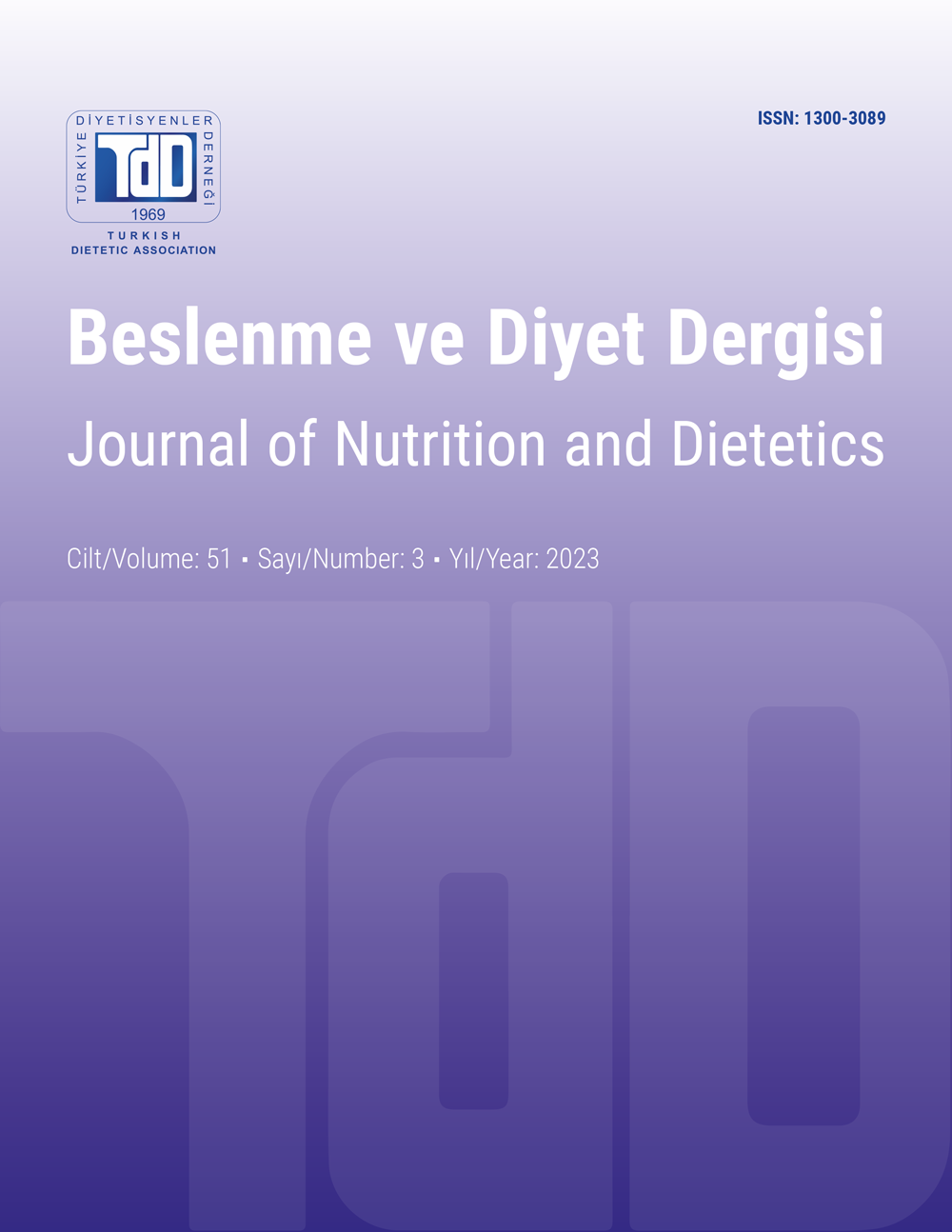Intermittent Fasting (IF) and Cancer: A Review of the Literature
DOI:
https://doi.org/10.33076/2023.BDD.1764Keywords:
Cancer, Fasting, Intermittent fasting, Therapeutic, CureAbstract
Cancer, which has a high share in deaths all over the world today, is one of the non-communicable diseases. In addition, the incidence of cancer and the associated mortality rate are increasing day by day. While the number of people who died from cancer was 9.6 million in 2018, predictions show that this number will reach 13.2 million in 2030. Cancer is a multifactorial disease that can occur due to non-modifiable factors such as genetic predisposition, race, and gender, as well as modifiable factors such as sedentary life, obesity, unhealthy diet. Due to the fact that there is no definitive treatment for cancer and the treatment methods applied for cancer cause side effects the need for different strategies have increased. This review examines fasting (F) and intermittent fasting (IF) as a potential strategy against cancer. In the studies carried out it is mentioned that intermittent fasting induces a slow growth in healthy cells, protects healthy cells against the toxic attack of anticancer drugs, and makes different cancer cells more sensitive to these therapeutics. Studies are promising about the therapeutic effects of fasting and intermittent fasting against cancer. However, the studies are not sufficient for the clinical application of intermittent fasting in cancer patients, which is a very risky and sensitive group.

